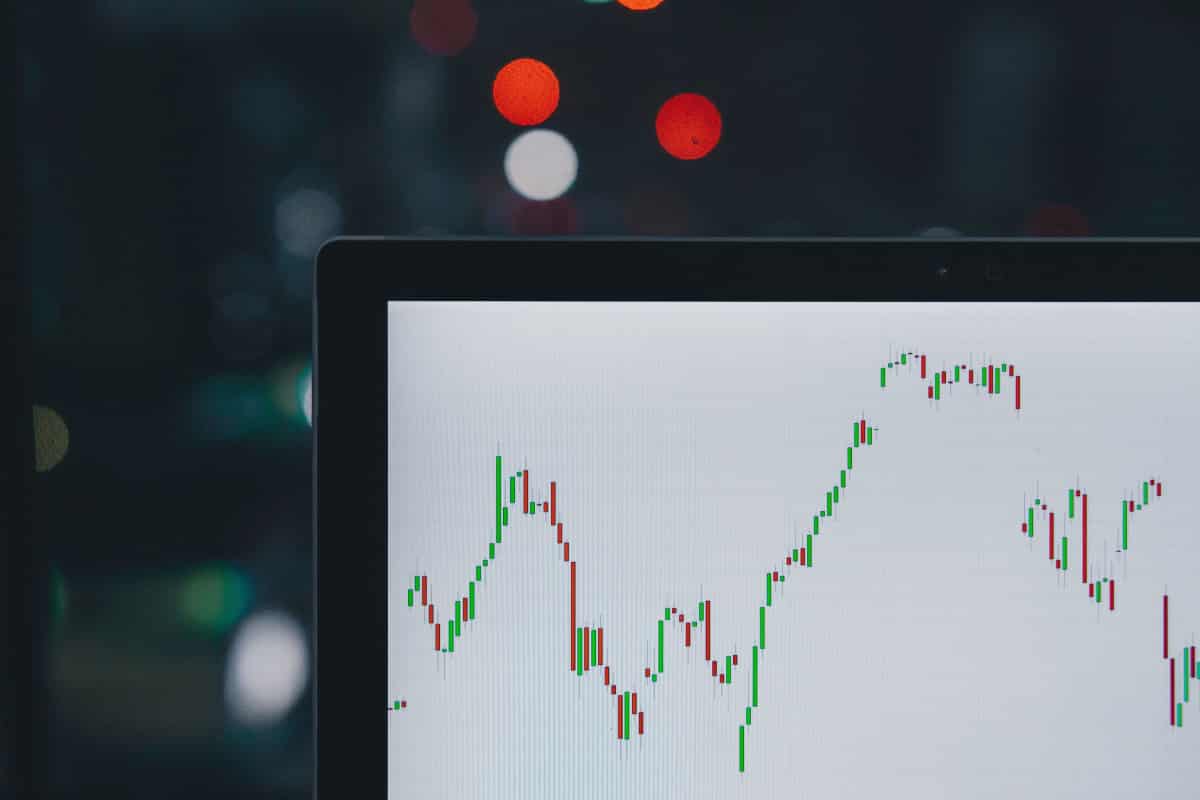Majella is a Legal Tech Intern at Lawpath. Majella has a Bachelor of Laws and a Bachelor of Arts at Macquarie University. With a keen interest in IT & IP law, Majella is passionate about integrating technology and the law, making legals more affordable and accessible to start-up businesses.
Exchange-Traded Products (ETPs) have dramatically changed the world of investing since they emerged in the 1990s.
Throughout 2020, despite the COVID-19 pandemic, Exchange-Traded Products (ETPs) have remained popular with investors.
So what is it about ETPs that are so attractive? Read more to find out.
So, what is an ETP?
An Exchange-Traded Product (ETP) is an umbrella term which refers to various financial products traded on the stock exchange. Put simply, ETPs effectively work like any other share/stock listed on the stock exchange in the way they are bought and sold.
ETPs allow you to invest in pretty much any asset you want but on the stock exchange. Hence, tapping into the practical benefits of this method of investing.
Basically, this means that you can invest in a particular asset in a simple, low cost, liquid way.
Example
Vanguard Index Fund vs. Vanguard Exchange-Traded Fund (an ETP)
Let’s say you want to make an investment that mimics the New York Stock Exchange.
A company called Vanguard, will allow you to do this in 2 ways.
1) You could go directly to Vanguard and purchase the Vanguard 500 Index (VFIAX) Fund. By purchasing directly with Vanguard, you will pay a minimum initial investment of $3000.00.
OR
2) You could invest in Vanguard 500 ETF (VOO) on the stock exchange. By purchasing individual shares, or fractional shares, you can enter into the investment at a much lower cost.
Both of these options offer the same underlying asset but vary in the way you buy in and sell out.
Benefits of ETPS
- Accessibility. ETPs can be bought from the time stock exchange opens to when it closes, at real time prices. Further, not only do ETPs avoid minimum initial investment requirements, but with the introduction of fractional shares, investors are now able to buy in with as little as $10.
- Transparency. The constituency of an ETP is listed regularly for investors to research important information relating to the product.
- Low Cost. As ETPs are generally passive investments. This means the cost to manage an ETP is lower than other investments.
Types of Exchange-Traded Products (ETPs)
Many investors will be familiar with the most common ETP, the Exchange Traded Fund (ETF). The term ETF is often used interchangeably with ETP. However, it is important to note that whilst all ETFs are ETPs, there are other ETPs.
There is huge diversity in the products available through ETPs. ETPs cover all the major assets like cash, shares, property and commodities.
Two common ETPs are ETFs and ETNs.
Exchange-Traded Funds (ETFs)
An ETF is a bundle of investments including stocks and bonds.
In most cases ETFs will have an underlying investment philosophy or an index they mimic.
There are ETFs which represent specific industries (e.g. technology), entire countries (e.g. Australia), and a variety of other things.
Using the example above, Vanguard’s ETF VOO tracks the S&P 500 (the largest 500 companies traded on the NYSE). That is to say, it invests in the biggest companies and aims to mimic that market’s return. This means that an investment in this ETF will give you an average return of the NY stock exchange. Your investment will be spread across many companies, meaning you are able to diversify your portfolio without having to make lots of individual transactions.
ETFs that track an index tend to have low fees as they are normally passively managed. They also provide a lot of liquidity to investors. Hence their popularity.
Click here to read more on ETFs.
Exchange-Traded Notes (ETNs)
Exchange-traded notes (ETNs), are baskets of unsecured debts. They are debt instruments, normally issued by an underwriting bank. This means that there is a risk of default.
Unlike ETFs, when you buy an ETN, you do not own any of the securities in the index. As such, the likelihood of making back the principal and any returns is dependant on the creditworthiness of the issuer.
Just like all other ETPs, ETNs are accessible and liquid assets that you can buy or sell at any time on the stock exchange.
Conclusion
ETPs are popular investments. They provide a low cost, transparent, simple method of investing in an asset. If you are considering investing in ETPs, minimise your risk, and consult a business finance lawyer.






